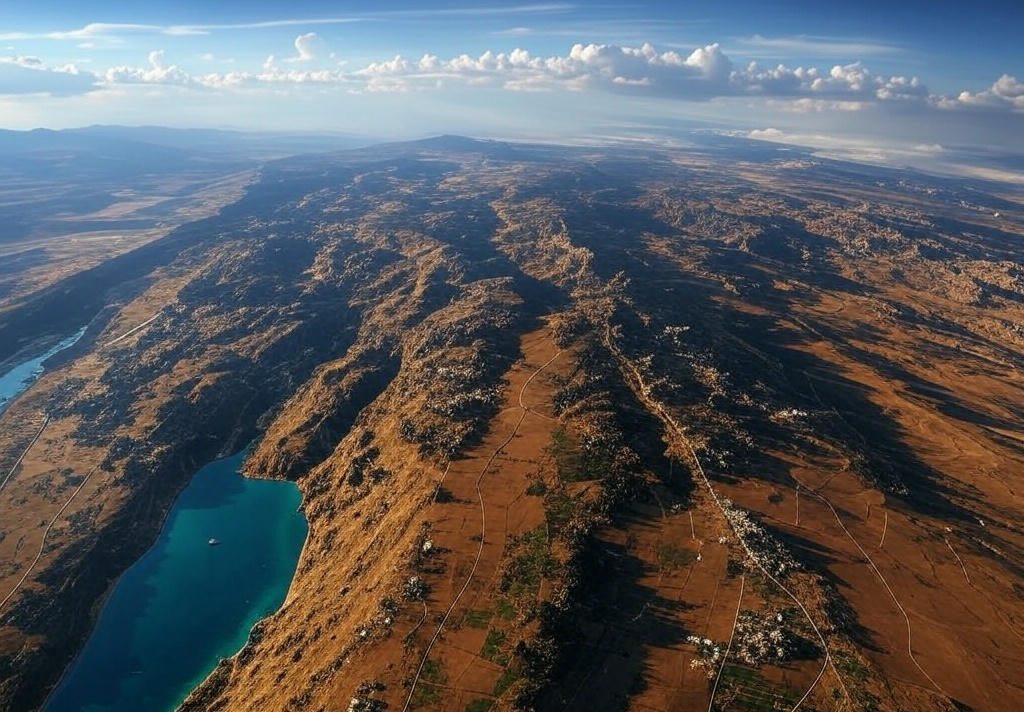On March 2, Israel barred aid trucks from entering Gaza as tensions over a previous ceasefire pact intensified. Hamas urged Egyptian and Qatari mediators to intervene.
Earlier, Prime Minister Benjamin Netanyahu’s office accepted a proposal from US envoy Steve Witkoff for a temporary ceasefire coinciding with Ramadan and Passover. This development came soon after the first phase of the former ceasefire agreement concluded.
The proposed ceasefire aims to maintain peace until the end of Ramadan on March 31 and the Jewish Passover around April 20. However, it’s contingent on Hamas releasing half of the hostages initially, followed by the remainder once a permanent truce is secured.
While Hamas remains committed to the original ceasefire, which was scheduled to transition into a negotiations-focused second phase, it opposed the temporary extension of the 42-day truce.
The delicate nature of the agreement became apparent when local health officials reported four Palestinian fatalities from Israeli gunfire in different Gaza regions. The Israeli military alleged these individuals were close to their troops and had planted explosives, prompting an airstrike.
Egyptian sources revealed Israel sought to extend the first phase by another 42 days, but Hamas sought advancement to the next phase. Hamas spokesperson Hazem Qassem said the group dismissed Israel’s request to prolong the initial phase.
In the agreement’s first phase, Hamas released 33 Israeli and five Thai hostages in exchange for about 2,000 Palestinian prisoners and an Israeli military withdrawal from certain areas of Gaza.
The second phase was supposed to initiate discussions around the release of the remaining 59 hostages, complete Israeli withdrawal, and an ultimate cessation of hostilities, which has yet to materialize.
Currently, Israel demands all hostages be returned to halt hostilities, refusing a truce without their release. Netanyahu’s office declared all goods and supplies would be withheld from Gaza until demands are met.
Hamas labeled Israel’s actions as “blackmail” and a “blatant coup.” The group insists that adhering to the agreement and initiating talks are essential for further hostage negotiations.
Suspending supplies will affect ceasefire dialogues, as per senior Hamas official Sami Abu Zuhri, signaling the group’s resistance to pressure.
Israeli officials planned a Cairo visit to deliberate on easing tensions and sustaining the ceasefire.

